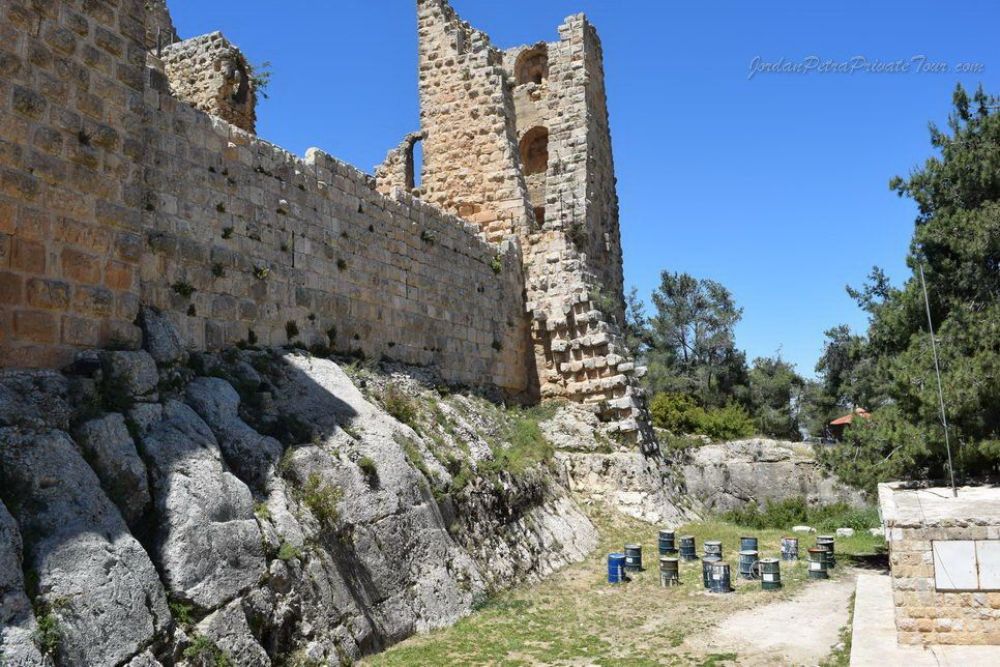

Located in the northwest region of Jordan, Tell Mar Elias is an archaeological site often associated with the ancient biblical figure of Prophet Elijah. It is part of the Ajloun district, a region known for its lush forests, medieval castles, and historical significance. The serene and spiritual atmosphere of Tell Mar Elias has long been a magnet for religious pilgrims and history buffs alike.
Tourism at Tell Mar Elias can be traced back to the early 20th century when archeologists and scholars started to take an interest in the site's historical and religious implications. The ruins, believed to be the old town of Tishbe, mentioned in the Bible as the hometown of Prophet Elijah, brought in religious tourists seeking connection with the ancient prophet's heritage.
Over the years, the government of Jordan, along with several international organizations, has worked on excavating and preserving the ruins of Tell Mar Elias. Additions such as visitor centers and mapped out walking paths have been gradually introduced to facilitate tourist visits. Efforts by the Jordanian Ministry of Tourism and Antiquities have been instrumental in promoting the destination as part of the larger Ajloun tourist experience.
In recent times, Tell Mar Elias has seen an uptick in tourists who are interested in eco-tourism and experiential travel. These tourists are not only exploring the archaeological site itself but also engaging in the community's culture and natural resources. Tour operators have been offering hiking tours in the Ajloun Forest Reserve and cultural experiences with local communities, coupling visits to the ancient ruins with a more immersive experience of Jordan's diverse offerings.
Additionally, religious tourism remains significant, with many visitors combining a trip to Tell Mar Elias with other biblical sites throughout Jordan, such as Mt. Nebo and the Baptism Site at the Jordan River. The site's inclusion on various religious pilgrimage routes has solidified its status as a must-visit destination for those following the footsteps of spiritual figures.
The future of tourism at Tell Mar Elias looks promising with continued interest from those fascinated by religious history and archaeology. Moreover, the trend towards sustainable tourism practices is likely to spur further development that respects the natural and historical integrity of the site. Educational initiatives and community engagement programs are also expected to play a role in promoting awareness and preserving the archaeological ruins of Tell Mar Elias for future generations.
Whether visitors are trekking through the scenic forests of Ajloun, exploring the ancient ruins of Tell Mar Elias, or interacting with the local community, their journeys contribute to the evolving story of tourism in this historically rich part of Jordan.